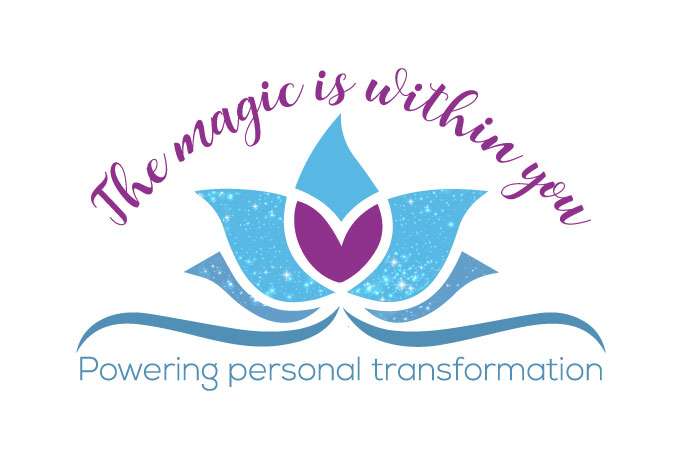In my room the diversity of people is one of the most fascinating aspects of what I do, I love just meeting new people and exploring and unearthing their filters on the world and the strategies they have created to navigate their life. The parts of ourselves that we create (usually early in life) in response to emotionally overwhelming stimuli and how all of this can sometimes “hijack” our physical and psychological processing in the moment, allowing us to run patterns and programmes that make our behaviour predictable to others and challenging, even confusing to us.
So many people talk about racing minds, yet on the other end of the spectrum they talk about feeling shut down, numb, even empty, almost like the mind has become so noisy the body is no longer heard. This coupled with a lot of talk and action involving silence and no action … can you see where the confusion would come in. This is a perfect example of procrastination.
Procrastination Is a Strategy for Self-Protection
Procrastination is not just a bad habit, it’s a way of expressing internal conflict and projecting a vulnerable sense of self-esteem. Few people can give up procrastinating until they understand the function that procrastination serves in their lives. Understanding the hidden roots of procrastination can begin to weaken the strategies and behaviors for procrastination. Procrastination is driven by fear. We are born with two fears: the fear of falling and the fear of loud noises, everything else we are taught by the world we operate in.
Five Fears of the Procrastinator
- Fear of Failure
- Fear of Success
- Fear of Control
- Fear of Separation
- Fear of Attachment
These fears come with Inner Messages
Fear of Failure (Fear of Judgment/Perfectionism)
- Mediocrity breeds contempt. However, if I make a last-minute effort my attempt can be ordinary because if I really put my all into it, it must be perfect.
- Difficult things should be easy for me.
- I can do it alone. (Asking for help will show me as weak.)
- There is only one right way! And what if I don’t crack it?
- I hate to lose/fail so I don’t enter the race. This will keep me safe.
- It’s all or nothing.
- I’m stuck with my choice— I’ve made my bed and must lie in it.
Fear of Success
- I’ll become a workaholic. I’ll have to live up to others’ expectations.
- I don’t deserve success; it’s only reserved for others.
- If I succeed, I’ll hurt someone.
- I could hurt myself. I could end up in the spotlight: have power.
- If I’m too perfect, I’ll be left alone. No one will love me.
- If I’m successful, what will I lose? There must be a sacrifice.
Fear of Control (Power struggle with authority to assert your influence)
- The world is unpredictable. Control “them” before “they” can control me. Disempower “them.”
- If someone else is strong, then I must be the weak one.
- Cooperation is capitulation and diminishes my power. I can do this myself
- To thwart “them” is more important than getting what I want.
Fear of Separation
- I can’t stand on my own two feet. (Can’t make decisions without another’s help.)
- I like being #2. Theres’s safety there for me
- Please take care of or rescue me. I need someone else as I can’t always trust myself
- Keep old relationships alive. (Unfinished business.)
Fear of Attachment
- Give ‘em an inch, they’ll take a mile.
- What’s mine is yours, so what’s left for me?
- Commitment hurts so I’ll try and avoid it at all costs.
The Procrastinator’s Life Code
- I must be perfect.
- Everything I do should go easily and without effort.
- It’s safer to do nothing than to take a risk and fail.
- I should have no limitations.
- If it’s not done right, it’s not worth doing at all.
- I must avoid being challenged.
- If I succeed, someone will get hurt.
- If I do well this time, I must always do well.
- Following someone else’s rules means I’m giving in and I’m not in control.
- I can’t afford to let go of anything or anyone.
- If I expose my real self, people won’t like me.
- There is a right answer, and I’ll wait until I find it.
These are all symptoms of the procrastinator, and (in your own head) reasons not to do what you really would like to have done. Challenging these temporary beliefs will create permanent change … go for it, your parts will thank you for it and if done with kindness and compassion for self they will stand aside and support your changes long term.
If you struggle with anything contained in this reach out and book a free 30-minute consultation to see if RAFT is the answer you are looking for.



